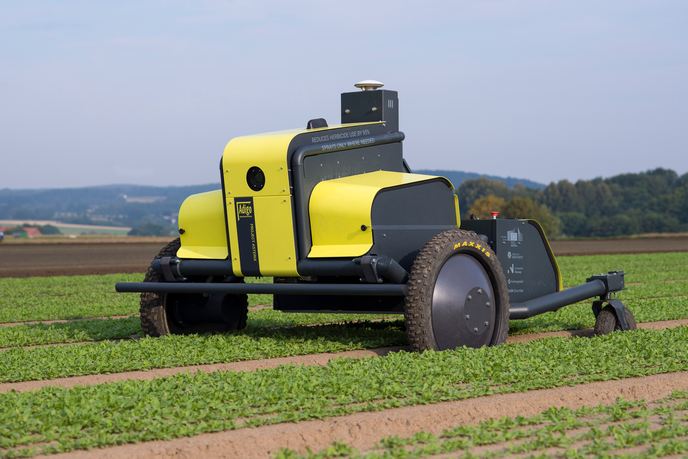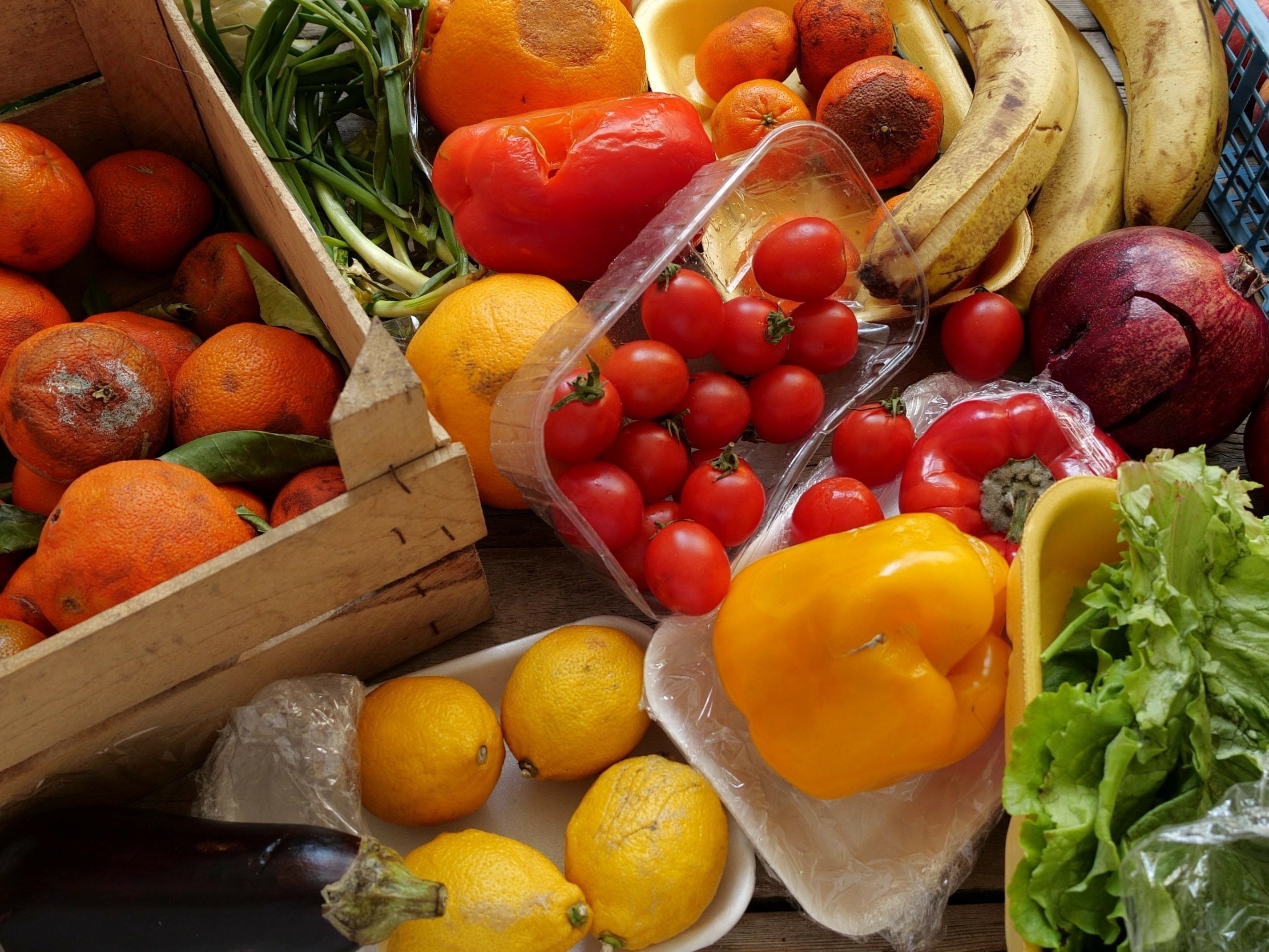AX-1 the farmer robot conquers weeds selectively and sustainably
The widespread use of pesticides increases the potential health effects on the people who farm and consume products exposed to pesticides. It also has serious effects on natural pollinators critical to our food supply. Precision agriculture can increase the effectiveness of inputs to enhance farm profitability, natural resource management, and environmental and human well-being. The EU-funded www.kiltersystems.com (Asterix) project has embodied these benefits in an autonomous robot named AX-1 (formerly Asterix) that applies eco-friendly biopesticides sparingly.
Bigger is better and hits just the spot
Conventional herbicides are applied by blanket spraying a mist over the whole field, killing weeds but also harming the crop. Further, wind can carry the tiny droplets over significant distances where they can settle on water resources, adjacent vegetation, farm workers, and neighbouring homes and people. Project coordinator Anders Brevik of Kilter AS, the newly formed sister company of coordinator Adigo AS, explains: “AX-1 uses a bioherbicide and our innovative spraying technique ensures selectivity. A patented, vision-based, ultrahigh-precision nozzle system is integrated with machine learning algorithms trained to differentiate between crops and their weeds.” AX-1 sprays relatively large individual droplets of bioherbicide only on the weed leaves. The larger drops minimise drift to non-targets.
Focus on farmers, benefits for all
The result of more than 10 years of development and field testing, AX-1 can work around the clock, weeding most vegetables and herbs at a rate of approximately 1 hectare per hour. It reduces the amount of weed killer used by up to 95 % – its 50 litres of herbicide are equivalent to the 1 000 litres in a conventional sprayer. Weighing about 10 % less than a tractor and sprayer, AX-1 can also drive in the field shortly after rain to increase productivity. Importantly, AX-1 significantly augments yield. “We know from experience that herbicide use slows down crop development. We thought we might increase yield by about 5 %, but early data in parsley root suggest that we get approximately 45 % higher yield with AX-1,” adds Brevik. The technology can be used in both organic and conventional agriculture. It can nearly eliminate pesticide use in traditional farming and enhance the efficiency of production while significantly lowering the cost of organic farming techniques. In short, it enables farmers to produce food that is good for consumers, the environment and the climate at an economically viable price.
Sowing the seeds of change
Asterix addressed the European Commission’s 2030 target to reduce the use and risk of chemical and more hazardous pesticides by 50 %. Market penetration will become easier and the technology more widespread as European Commission regulations change to reflect and support these goals. The first units are scheduled for delivery April 2021, and the team forecasts 10 or more additional sales within Germany and Norway in 2021 before moving into the rest of Europe. Brevik concludes: “We are out of balance with Mother Nature. By radically reducing the area we use for farming with diets that are largely plant based, we can make space for the wilderness to return. Our products and solutions increase agricultural yields while at the same time using fewer pesticides, less fertiliser and emitting less carbon.” AX-1 is on its mission to conquer new lands and do its part to save the planet in the process.
Keywords
Asterix, AX-1, pesticide, weeds, herbicide, robot, biopesticide, organic, bioherbicide, crop yield, machine learning







